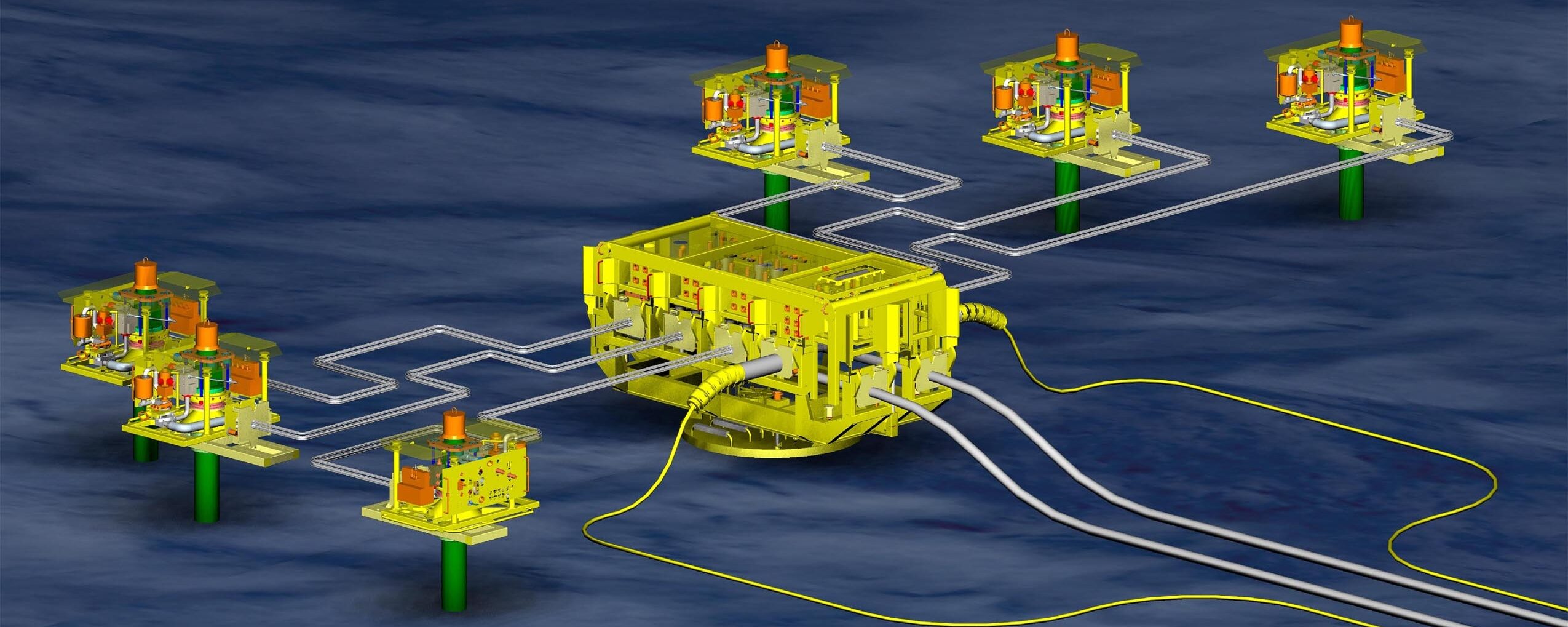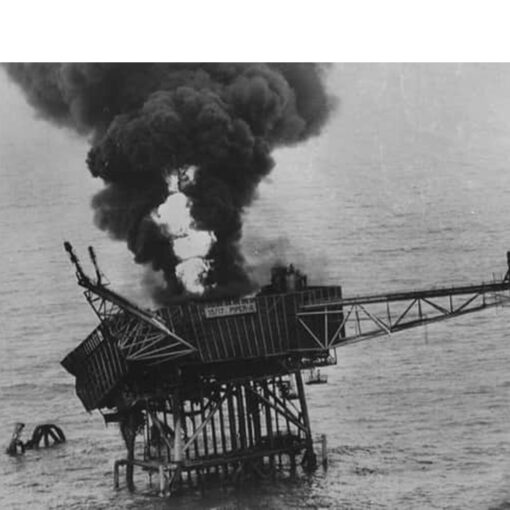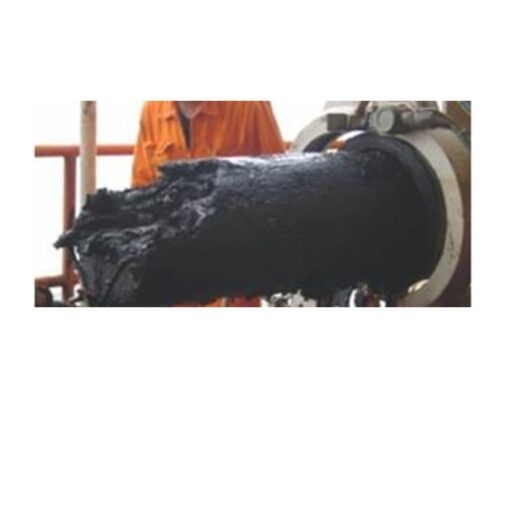Back in the day, that is several decades ago before the Enron scandal of 2000, oil companies liked to tell the world what they were doing, ie finding and developing oil and gas reserves, how they were doing it and generally informing the public how clever they were at keeping the lights on and all the cars running.
All changed after Enron which was able to hide its very dubious, ie illegal, financial shenanigans from its shareholders because they were only required to report once a year. This led to the US Securities & Exchange Commission, the overseer of the stock markets there, to require all companies into quarterly rather than yearly reporting so that shareholders could keep closer tabs on what their investments were doing. This resulted in several actions. All companies, not just energy firms, had to devote more resources to data gathering and dissemination and thus fewer resources on general information. Also, because there is a general blackout period – six weeks I think – on the release of any company information that might impact share price before the reporting date, there is a big chunk of the year when companies don’t have to say anything about their activities. This means nada.
The result, from the non-financial journalist (ie technical or my) point of view, is that the communication/information folk at the oil and gas companies didn’t have much time for us any more. Few project briefings, few discussions about technology and even fewer chances to schmooze with engineers. That was sad and a missed opportunity, but what is worse is that the oil companies forgot how to engage with the general public. Does anyone remember Norsk Hydro’s amazing video campaign explaining the nuances of the Ormen Lange project which was going to provide a significant amount of gas to warm UK houses? Even Mobil, pre-merger days, used to run full page ads in daily newspapers telling stories of its E&P activities. Can not really imagine that happening now.
So why bring this all up now? Because the oil companies directly – and indirectly through its mouthpiece Offshore Energies UK – continue to bemoan their fate of having been shackled with a windfall tax on excessive profits earned – or maybe more correctly undeservedly earned – as a result of the Ukraine war. While Shell, bp and ExxonMobil have reported seriously big profits, the loudest voice has been that of Harbour Energy. CEO Linda Cook said that the tax threatens UK energy security and would effect Harbour’s future investment in the sector here. This is unsurprising as Ms Cook is ex Shell. While I have had any number of friends at Shell, there is an over-arching feeling amongst many of those who work for the Anglo-Dutch supermajor that they are always right, that the Shell way is the right way and that they should have a blank cheque to make as much money as possible.
The general public does not take kindly to such attitudes any longer. They could simply raise their eyebrows at large corporate profits and executive salaries as long as prices at the pump and their monthly energy bills were affordable. Not any more in either case. Not only have the oil companies been reaping large profits, but as always finding ways to pay as little tax as possible, while rewarding their shareholders with ongoing dividends and share buyback bonanzas. The companies have never realised the benefits of being good citizens, I guess that is because they are not citizens of anywhere in particular. Both bp and Shell have spent decades trying to avoid being labelled as ‘British’ or, for the latter, even Dutch.
So if the man/woman on the street hardly gives a hoot about the oil companies, it is because the feeling is mutual.




